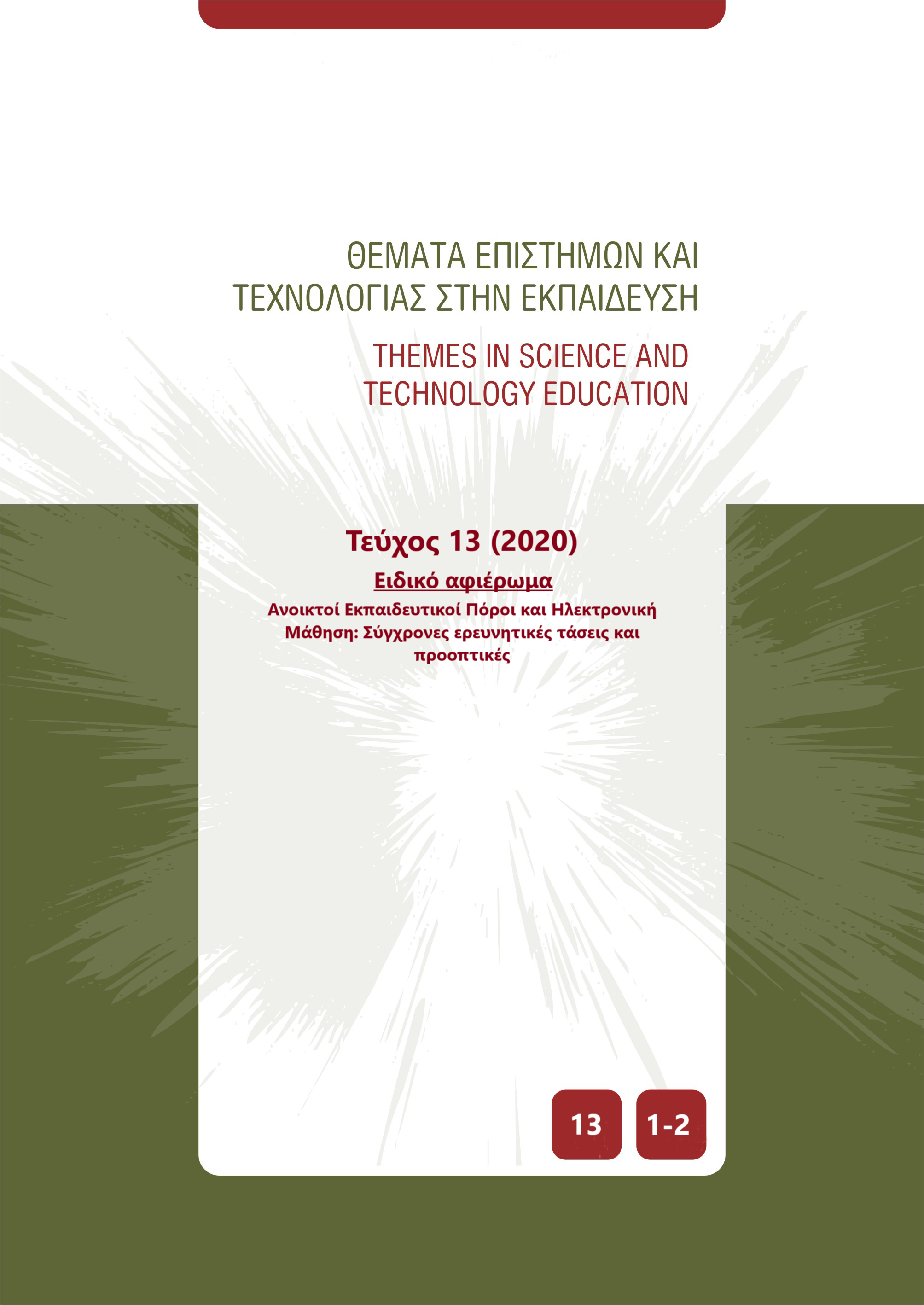Απόψεις των μελλοντικών εκπαιδευτικών για τα ψηφιακά εκπαιδευτικά παιχνίδια

Περίληψη
Η μάθηση βασισμένη στο ψηφιακό εκπαιδευτικό παιχνίδι θεωρείται μια αποτελεσματική παιδαγωγική προσέγγιση. Όμως, η επιτυχής είσοδός αυτής της καινοτομίας στο σχολικό περιβάλλον, εξαρτάται σε κάποιο βαθμό από τις απόψεις των εκπαιδευτικών που θα κληθούν να την εφαρμόσουν. Η παρούσα εργασία παρουσιάζει και αναλύει τα αποτελέσματα από έρευνα που διενεργήθηκε σε προπτυχιακούς φοιτητές Παιδαγωγικών Τμημάτων, για τις θέσεις και τις απόψεις τους πάνω σε αυτό το θέμα. Ενώ φάνηκε να συμφωνούν ότι τα ψηφιακά εκπαιδευτικά παιχνίδια έχουν θετικές επιπτώσεις στους μαθητές, φάνηκε ότι είναι διστακτικοί στο να τα χρησιμοποιήσουν. Οι μόνοι παράγοντες που φάνηκε να επηρεάζουν τα παραπάνω, ήταν η προσωπική ενασχόληση με ψηφιακά παιχνίδια και το επίπεδο των ικανοτήτων τους στη χρήση τεχνολογικών μέσων. Τα αποτελέσματα οδηγούν στην ανάγκη για περαιτέρω διερεύνηση των αιτίων που οδήγησαν στη διαμόρφωση αυτών των απόψεων.
Λεπτομέρειες άρθρου
- Πώς να δημιουργήσετε Αναφορές
-
Φωκίδης Ε., & Καϊμάρα Π. (2020). Απόψεις των μελλοντικών εκπαιδευτικών για τα ψηφιακά εκπαιδευτικά παιχνίδια. Θέματα Επιστημών και Τεχνολογίας στην Εκπαίδευση, 13(1/2), 83–95. https://doi.org/10.12681/thete.39981
- Ενότητα
- Articles





